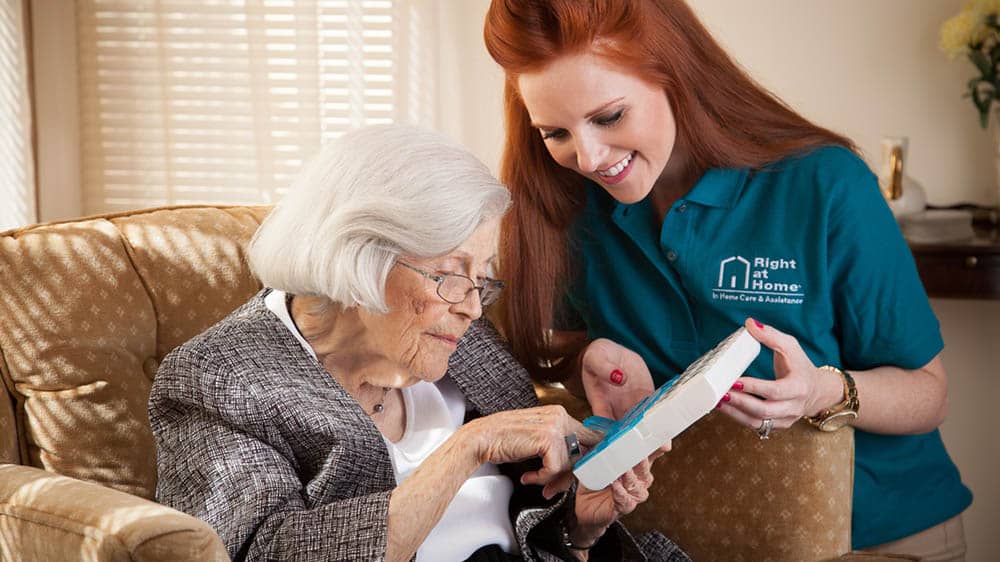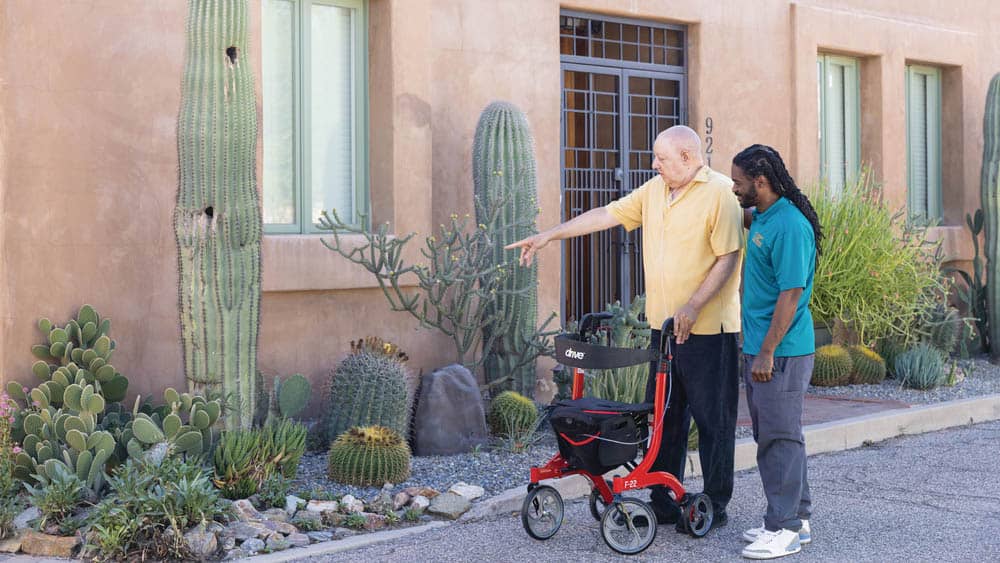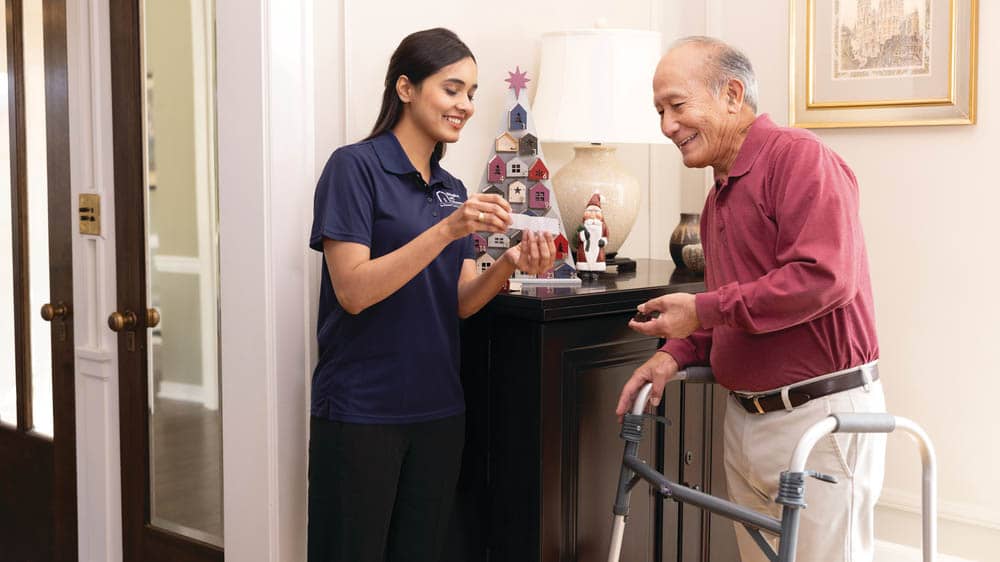

Managing Your Loved One’s Medical Needs and Appointments
A Family Caregiver Cheat Sheet
Caring for a senior loved one can be rewarding but challenging, especially when managing their medical needs and appointments. As a caregiver, whether you’re a family member or a spouse, keeping track of everything from medications to doctor visits can be overwhelming. To help you navigate these responsibilities, here’s a cheat sheet designed to streamline and simplify the process.
1. Organize Medical Information
Create a health journal.
Keep a detailed journal or digital record of your loved one’s medical history, including past and present illnesses, surgeries, allergies, and current medications. This information is crucial during doctor visits and in emergencies.
Keep a list of medications.
Maintain an updated list of all medications, including dosages, schedules and any side effects they cause in your loved one. This list should accompany them to every medical appointment.
2. Schedule and Track Appointments
Use a calendar system.
Whether it’s a digital calendar or a physical planner, use one central place to track all medical appointments, including follow-ups and tests. Set reminders a few days in advance.
Be prepared.
Before each visit, write down any questions or concerns you or your loved one has. This ensures you cover all important points during the appointment.
3. Understand Their Health Care Coverage
Review insurance policies.
Familiarize yourself with your loved one’s insurance coverage, including what is and isn’t covered, copay details and any pre-authorizations required for treatments or medications.
Keep important documents handy.
Store insurance cards, identification information, and emergency contacts in an easily accessible place.
4. Build a Support Network
Establish communication with health care providers.
Develop relationships with your loved one’s health care team. They’ll want to know who your loved one’s designated power of attorney is for health care decisions if that is not you. Discuss the best ways to communicate, whether via phone, email or patient portals.
Seek support groups.
Connect with local or online caregiver support groups. Sharing experiences and advice with others in similar situations can be invaluable.
5. Take Care of Yourself
Recognize the signs of caregiver burnout.
Caregiving can be physically and emotionally draining. Be aware of burnout signs like fatigue, stress and irritability, and seek help if needed.
Schedule regular breaks.
Ensure you have regular breaks. Enlist the help of other family members, friends or professional caregivers to provide respite.
6. Be Prepared for Emergencies
Have an emergency plan.
Create a plan for medical emergencies. This includes knowing the location of the nearest hospital, having a list of emergency contacts, and understanding any specific medical needs your loved one may have.
Keep a go-bag ready.
Prepare a bag with essentials like extra medication, important documents, a change of clothes and basic toiletries.
Managing a senior loved one’s medical needs requires organization, preparation and a lot of compassion. By following this cheat sheet, you can ensure their health care is handled efficiently and effectively while taking care of your own well-being. Remember, being a caregiver is a significant role, and seeking help and resources is not just advisable—it’s essential.
How Right at Home Can Help
If you are a family caregiver, you know that juggling the care of your loved one with your other responsibilities can be taxing mentally and physically. Right at Home can be a source of respite for you and can be there to step in temporarily or regularly to give you the time you deserve to rest and recharge. Use our office locator to contact the office nearest you to find out more.
Right at Home also offers an Information Journal as part of our FREE RightConversations Guide to help you as a family caregiver. Download the package and use it to help you navigate the conversation with your loved one and plan for their care.
Interested in receiving ongoing tips, advice and other information related to the aging journey? Subscribe to our monthly newsletter today.







